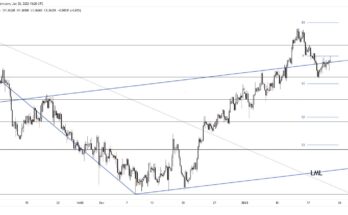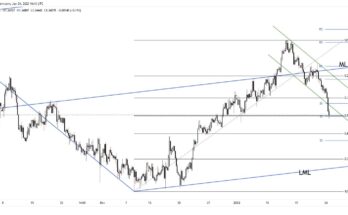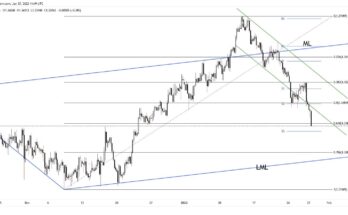When a currency starts reacting positively to bad news, it’s usually a sign that the sell-off is looking a little stretched. That seems to have been the case overnight as the single currency has digested the Greek election result. It was always a question of the extent of the Syriza victory, given the consistent message coming from the polls. Even though the party is just shy of a majority, that won’t dent its ability to shake things up at an EU-wide level, with main thrust being a re-negotiation of the bailout that Greece has received to keep it within the single currency. The troika (ECB, EU & IMF) are now in a bind. If they cede to their demands, then markets will display no faith in the ability of other Eurozone members to stick to austerity policies. If they stand their ground and Greece leaves, then the irreversible nature of the single currency would have been broken, which would make other peripheral nations more vulnerable as investors would be prepared to price in exit in certain circumstances. Worse still for the troika would be for Greece to leave, see its currency devalued and then for it to do comparatively well.
As mentioned, after making a fresh multi-year low at 1.1098 (from 1.12 close on Friday), the single currency has recovered the initial losses, which suggests for now at least that the scope for a short squeeze is higher. Note that Eurozone finance ministers are due to meet later today, so expect more comments on this issue. Ahead of that, the German IFO data is released at 09:00 GMT. The headline index has been recovering for the past two months (previous 105.5), with a further increase to 106.5 anticipated for today’s release. Elsewhere, the move below 0.80 on AUDUSD seen on Friday has been sustained, but note that sterling has recovered a touch, but is still struggling to hold above the 1.50 level on a sustained basis.
Further reading:
Greek election result
ECB QE rundown, SNBomb effect on brokers, surprise cut in Canada & Iranian oil – Market Movers #34



